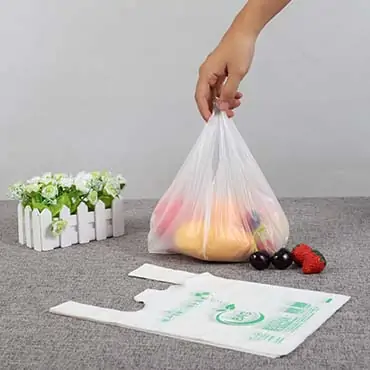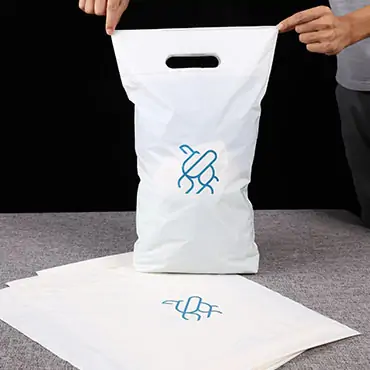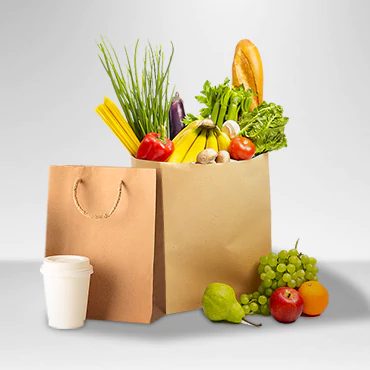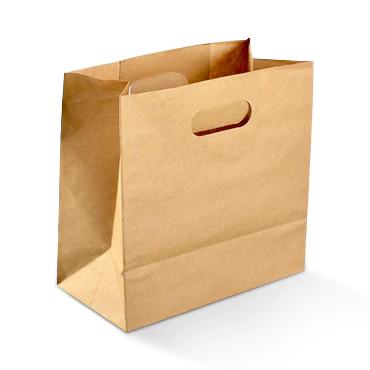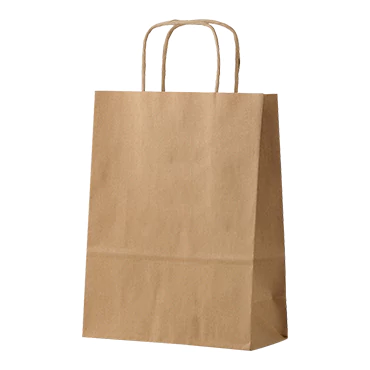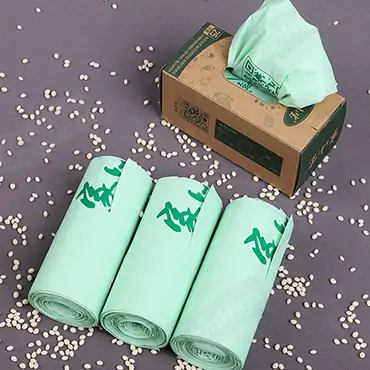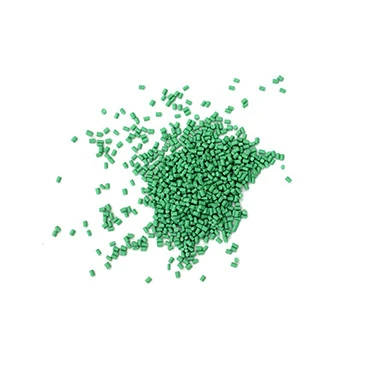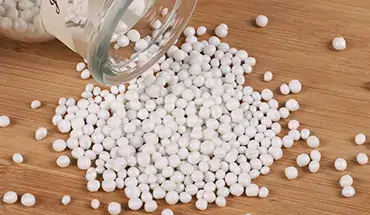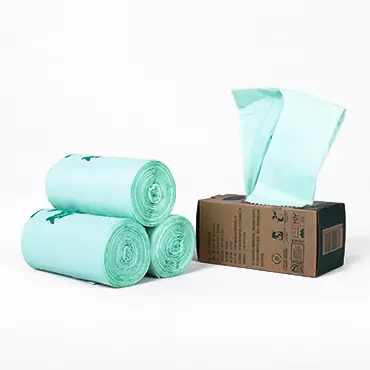A recurring question arises: are reusable shopping bags genuinely biodegradable?
This is a pertinent inquiry, particularly for distributors, suppliers, or businesses utilizing shopping bags. It is essential to address this question not only because customers are increasingly inquiring about it but also due to the environmental imperatives that demand sustainable solutions.
The Shopping Bag Dilemma
From Groceries to Goodies: Bags Are Everywhere
Let’s be honest, we can’t live without shopping bags. Trips to the supermarket, the mall, that cute little boutique downtown – they all end with us carrying our purchases in a bag. We probably use them more than we realize.
The Big Question: Trash or Treasure?
But what happens when those shopping bags have served their purpose? Do they get tossed in the trash, destined for a landfill? Or can they be reused, repurposed, or even… decomposed? This is where things get interesting.
Decoding “Reusable”
The Promise of Reusability: Cutting Down on Waste
The whole point of reusable shopping bags is, well, to reuse them! It’s a simple concept that can make a big difference. By using a bag multiple times, we reduce the demand for single-use bags, which means less waste and a happier planet.
Beyond a Few Uses: What Makes a Bag Truly Reusable?
But here’s the catch: not all “reusable” bags are created equal. A truly reusable shopping bag needs to be durable. It should be able to withstand countless trips to the store, heavy loads, and maybe even a spill or two. Think of it like a trusty sidekick – always there when you need it.
The Material Matters: A Deep Dive into Shopping Bag Types
Now, let’s get into the nitty-gritty. The material of your shopping bag is everything when it comes to biodegradability.
Plastic Bags: The Old Standby and the Problem
Traditional Plastics
We all know about traditional plastic shopping bags. They’re made from petroleum, a non-renewable resource, which is a big no-no for the environment. Plus, they take forever to decompose – we’re talking hundreds, even thousands of years! During that time, they can pollute our soil and water with nasty chemicals. It’s like a bad houseguest who just won’t leave.
The Rise of “Biodegradable” Plastics
Now, you might’ve heard about “biodegradable” plastic shopping bags. These are often made from plant-based materials like corn starch. Sounds great, right? Well, it’s complicated. While they can break down faster than traditional plastic, some still require specific industrial composting conditions, and some may leave microplastics behind. Be sure to look for compostable bags that meet certifications.
Paper Bags: A Natural Choice, But Is It Perfect?
The Paper Bag Journey
Paper shopping bags are made from wood pulp, a renewable resource. They’re recyclable and, in many cases, biodegradable.
What About Strength?
Paper bags aren’t exactly known for their strength. They can tear easily, especially when wet. Ever tried carrying groceries in a paper bag during a downpour? Not fun. They’re also often used for lighter items in retail settings, like clothes or shoes, due to their limited load-bearing capacity. The printing on paper shopping bags can be great for showing a brand, but they are not as durable as other types of shopping bags.
Cloth Bags: The Champion of Durability
Cotton, Canvas, and Beyond: A World of Fabrics
Cloth shopping bags, made from materials like cotton, canvas, linen, or non-woven fabrics, are the heavyweights of the reusable world. They’re strong, durable, and can carry a serious load.
Washable and Wonderful
Plus, they’re washable. Spilled some soup? No problem, just toss it in the washing machine. This makes them super reusable and hygienic. But, they can’t hold liquids directly like plastic bags can, so think about what you’ll be carrying.
Biodegradable vs. Compostable: Understanding the Difference
Breaking It Down: What “Biodegradable” Really Means
“Biodegradable” means that something can be broken down by microorganisms, like bacteria and fungi. But, this can take a very long time, and the conditions required can vary.
Compostable: Nature’s Recycling System
“Compostable” is a step up. It means that something can break down into nutrient-rich compost under specific composting conditions, usually within a certain timeframe (e.g., 90 days). It’s like giving back to the earth!
Industrial vs. Home Composting: Know Your Options
Some compostable items require industrial composting facilities, which have higher temperatures and specific processes. Others can be composted at home in your backyard bin. Make sure you know which type you’re dealing with.
Are Reusable Bags Actually Biodegradable?
It Depends: The Material is Key
Here’s the bottom line: whether a reusable shopping bag is biodegradable depends on its material. Some plastics are, some aren’t. Paper bags usually are, but they might not be the most practical choice for every situation. Many cloth bags are biodegradable, especially those made from natural fibers.
Focus on the Source: Plant-Based is Best
For truly biodegradable and compostable shopping bags, look for those made from plant-based materials like corn starch, potato starch, or other sustainable resources. These offer the best combination of reusability, durability, and environmental friendliness.
Why Your Business Should Care About Biodegradable Bags
Eco-Conscious Consumers: They’re Paying Attention
Your customers are becoming more and more environmentally aware. They want to make sustainable choices, and they’re looking to businesses to help them do that. Offering biodegradable shopping bags shows that you’re listening.
Brand Image Boost: Show You’re Sustainable
Using biodegradable bags is a fantastic way to enhance your brand image. It demonstrates that you’re committed to sustainability and social responsibility. It’s like wearing a badge of honor that says, “We care about the planet!”
Regulations Are Changing: Stay Ahead of the Curve
In many places, regulations around single-use plastics are tightening. By switching to biodegradable shopping bags, you’re not just doing the right thing; you’re also future-proofing your business.
ShinHigh Bio: Your Partner in Sustainable Shopping Bag Solutions
Biodegradable Options: We’ve Got You Covered
At ShinHigh Bio, we offer a wide range of biodegradable and compostable shopping bags made from plant-based materials. We have the ideal solutions for your business needs.
Customization: Make Your Brand Stand Out
We can customize your shopping bags with your logo, branding, and any other design elements you need. Make a statement while being eco-friendly!
Quality and Experience: Trust the Experts
With over 20 years of experience, we’re experts in the shopping bag industry. We use high-quality materials and rigorous manufacturing processes to ensure that our bags are durable, reliable, and meet the highest standards.
The Future of Shopping Bags: A Greener Path Forward
The future of shopping bags is undoubtedly green. As consumers and businesses become more environmentally conscious, the demand for sustainable options will only continue to grow. By embracing biodegradable and compostable shopping bags, we can all contribute to a healthier planet, one shopping trip at a time.
We are fully capable of customizing high-quality personalized shopping bags for you. Ready to make the switch to sustainable shopping bags? Contact ShinHigh Bio today! Let’s work together to create a greener future. We believe the ideal shopping bag you imagined will become a reality.

